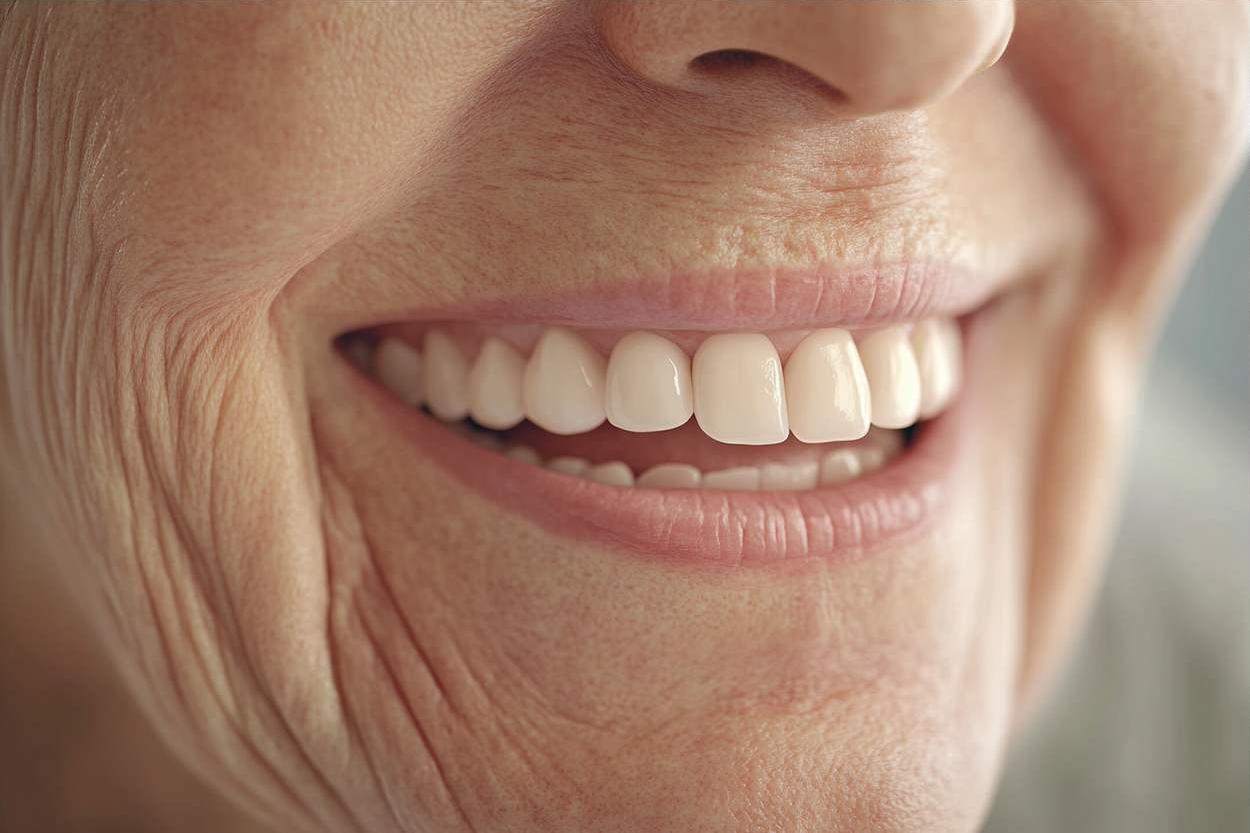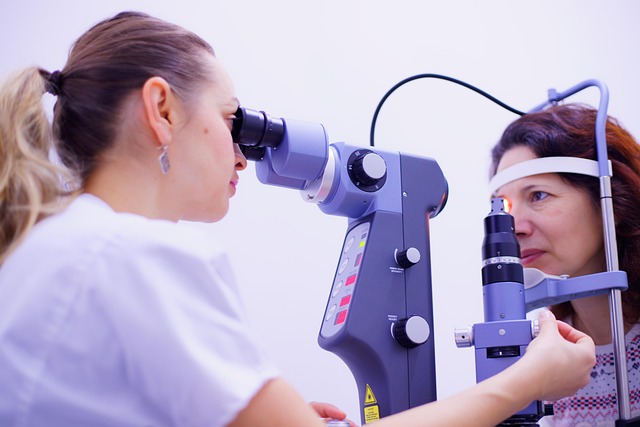Beating the Blues: Understanding and Alleviating Depression
Depression is a common yet serious medical illness that negatively affects how you feel, think, and act. It causes feelings of sadness and a loss of interest in activities once enjoyed. It can lead to various emotional and physical problems and can decrease a person's ability to function at work and at home. But what is the historical context of depression, and how is it currently recognized and treated? This article aims to delve into these questions, shedding light on one of the most pervasive mental health issues of our time.

Depression Through the Ages
Depression has been recognized as a malady of the human condition for thousands of years, albeit under different names and interpretations. In ancient Greece, it was known as ‘melancholia,’ and it was believed to be caused by an imbalance of bodily fluids, or ‘humors.’ The influential Greek physician Hippocrates suggested that melancholia was caused by too much black bile in the spleen.
In the Middle Ages, depression was often seen through a religious lens, with sufferers believed to be under the influence of the devil or suffering from divine punishment. It wasn’t until the late 19th and early 20th centuries, with the advent of psychoanalysis and the work of figures like Sigmund Freud, that depression began to be seen as a condition of the mind rather than the body or soul.
Depression in the Modern World: Diagnosis and Prevalence
In today’s world, depression is recognized as a serious and widespread mental health issue. The World Health Organization estimates that more than 264 million people of all ages suffer from depression worldwide. Diagnosis of depression now rests on a combination of reported symptoms and clinical judgment, rather than the humoral theories of the ancient Greeks or the religious diagnoses of the Middle Ages.
Depression is currently characterized by persistent sadness, loss of interest or pleasure in activities, feelings of guilt or low self-worth, disturbed sleep or appetite, feelings of tiredness, and poor concentration. Unlike normal sadness or grief, the feelings associated with depression are persistent, often lasting for weeks or months.
Modern Treatment Approaches: Therapy and Medication
Treatment for depression has evolved significantly over the centuries. In the 20th century, the advent of psychotherapy provided a new way for people to manage and understand their depression. Techniques such as cognitive-behavioral therapy (CBT) and interpersonal therapy (IPT) have shown to be effective in treating depression by helping individuals change negative thought patterns and improve relationships.
The latter half of the 20th century also saw the development of antidepressant medications. Selective serotonin reuptake inhibitors (SSRIs) and serotonin and norepinephrine reuptake inhibitors (SNRIs) are now commonly used to treat depression, helping to balance brain chemistry and alleviate symptoms.
The Role of Lifestyle and Self-Care in Managing Depression
While therapy and medication are vital components of depression treatment, self-care and lifestyle modifications can also play a significant role. Regular physical exercise, for instance, has been shown to have antidepressant effects, likely due to the release of endorphins and the enhancement of neuroplasticity.
A balanced diet, adequate sleep, and stress management techniques like mindfulness and meditation can also help manage depression symptoms. Moreover, social connection and support from loved ones can provide emotional comfort, discourage isolation, and foster a sense of belonging and self-worth.
The Future of Depression Treatment: Emerging Trends
As our understanding of depression continues to evolve, so too do our treatment approaches. One promising area of research is the field of neuromodulation, which involves using electrical or magnetic fields to stimulate specific areas of the brain. Techniques like transcranial magnetic stimulation (TMS) and electroconvulsive therapy (ECT) have shown promise in treating severe depression that hasn’t responded to other treatments.
Another emerging trend is the use of psychedelic substances like psilocybin (found in magic mushrooms) and ketamine in depression treatment. These substances are believed to facilitate profound psychological experiences that can help individuals reframe their perspectives and behaviors related to depression.
In conclusion, while depression is a complex and multifaceted disorder, our understanding and treatment of it have come a long way. From the humoral theories of the ancient Greeks to the cutting-edge neuromodulation techniques of today, the journey to understanding and alleviating depression is a testament to human resilience and the endless quest for wellbeing.




